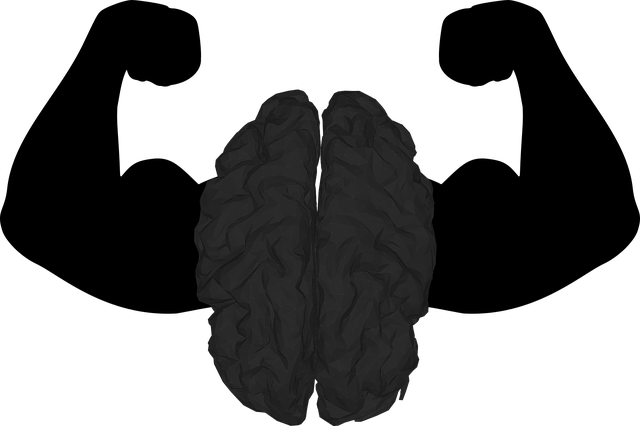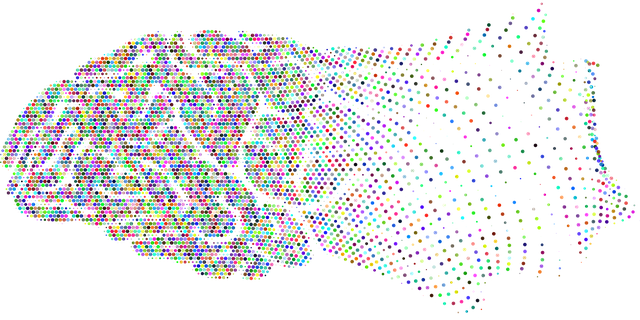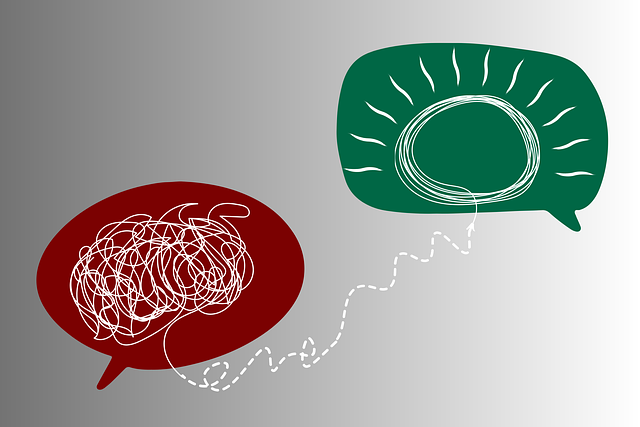Centennial Mandarin Chinese Speaking Therapy offers culturally sensitive mental wellness coaching tailored for Mandarin-speaking communities, addressing unique psychological nuances and language barriers. By understanding and incorporating ancient Chinese practices and family-centric therapy, this approach enhances emotional well-being through personalized curricula, building strong therapist-client bonds, and fostering inclusive mental health care. Through comprehensive assessments, continuous evaluation, and community engagement, the program maximises therapeutic outcomes while revolutionizing mental wellness accessibility within Mandarin-speaking populations.
Mental wellness coaching programs are evolving to meet the diverse needs of a global community. As cultural sensitivity becomes paramount, this article explores strategies for developing effective coaching curricula, with a specific focus on integrating Centennial Mandarin Chinese Speaking Therapy into mental health support. We delve into culturally responsive practices, customized coaching, and evaluating program efficacy. By understanding and catering to diverse linguistic and cultural backgrounds, coaches can enhance the reach and impact of wellness initiatives.
- Understanding Cultural Sensitivity in Mental Wellness Coaching
- Integrating Mandarin Chinese Language into Therapy Programs
- Designing Customized Coaching Curricula for Diverse Needs
- Evaluating and Enhancing the Efficacy of Centennial Mandarin Chinese Speaking Therapy Programs
Understanding Cultural Sensitivity in Mental Wellness Coaching

In the realm of mental wellness coaching, cultural sensitivity is paramount, especially when catering to diverse communities like the Centennial Mandarin Chinese speaking therapy sector. With a growing multicultural population, coaches must be adept at navigating different cultural contexts and beliefs to offer effective support. This involves a deep understanding of the psychological nuances within specific cultures and the ability to adapt coaching strategies accordingly. For instance, depression prevention techniques that resonate with Western audiences might need to be re-evaluated for their applicability to Chinese speaking communities, where traditional views on mental health often emphasize harmony and collective well-being.
Coaching programs focused on emotional well-being promotion must consider cultural factors in their design and delivery. This may involve incorporating culturally relevant practices, such as mindfulness techniques inspired by ancient Chinese philosophies or family-centric therapeutic approaches that honor the importance of community support in the Mandarin-speaking culture. By integrating these considerations, mental wellness coaching can effectively address depression prevention and promote emotional well-being while fostering public awareness campaigns development that are both sensitive and impactful.
Integrating Mandarin Chinese Language into Therapy Programs

Integrating Mandarin Chinese language into therapy programs offers a unique and culturally sensitive approach to mental wellness coaching. In many communities with significant Chinese-speaking populations, access to therapists who speak their native tongue can be limited, creating a barrier to care. Centennial Mandarin Chinese speaking therapy addresses this gap by providing a safe and supportive space for individuals to express themselves freely, fostering trust and facilitating deeper exploration of emotional and psychological issues.
This integration goes beyond simple translation. It leverages empathy building strategies and compassion cultivation practices tailored to the cultural context of Chinese-speaking clients. By incorporating these strategies, therapists can help individuals develop inner strength and resilience, navigating life’s challenges with newfound clarity and purpose. This approach not only enhances therapeutic outcomes but also strengthens the bond between therapist and client, ultimately cultivating a more inclusive and accessible mental health care environment.
Designing Customized Coaching Curricula for Diverse Needs

In designing coaching curricula for mental wellness, one size does not fit all. At Centennial Mandarin Chinese Speaking Therapy, we recognize that individuals have unique needs and experiences. Therefore, our approach involves tailoring coaching programs to cater to diverse populations and their specific challenges. This customization begins with an in-depth assessment to understand each client’s background, cultural context, and personal goals. By incorporating this information, our coaches create personalized curricula that include relevant Self-Awareness Exercises to help individuals gain profound insights into their thoughts and emotions.
The coaching journey further evolves by integrating essential Coping Skills Development strategies and Conflict Resolution Techniques suited to the individual’s life circumstances. For instance, a program for young professionals might focus on stress management and assertiveness training, while a curriculum for seniors could prioritize emotional resilience and mindfulness practices. This individualized approach ensures that clients receive guidance that resonates with their reality, fostering effective progress towards improved mental wellness.
Evaluating and Enhancing the Efficacy of Centennial Mandarin Chinese Speaking Therapy Programs

The effectiveness of Centennial Mandarin Chinese Speaking Therapy programs can be significantly enhanced through rigorous evaluation and ongoing refinement. By measuring the impact on both individual participants’ mental health outcomes and broader public awareness campaigns development, we can ensure these programs meet their intended goals. This involves tracking improvements in emotional healing processes, as well as gauging the reach and satisfaction levels of those served by trauma support services within these initiatives.
Regular assessments allow for data-driven adjustments to therapy techniques and curriculum content. By integrating feedback from participants and therapists alike, we can tailor the programs to better address the unique needs of the Mandarin-speaking community. Such an approach not only improves individual well-being but also contributes to a more inclusive and supportive mental wellness ecosystem within the broader society.
The development of mental wellness coaching programs, particularly those incorporating Centennial Mandarin Chinese Speaking Therapy, requires a nuanced approach that respects cultural sensitivity and diversity. By integrating language tailored curricula and evaluating their efficacy, coaches can create effective support systems for individuals from various backgrounds. This article has explored strategies to navigate these aspects, ensuring inclusive practices within mental health coaching.












